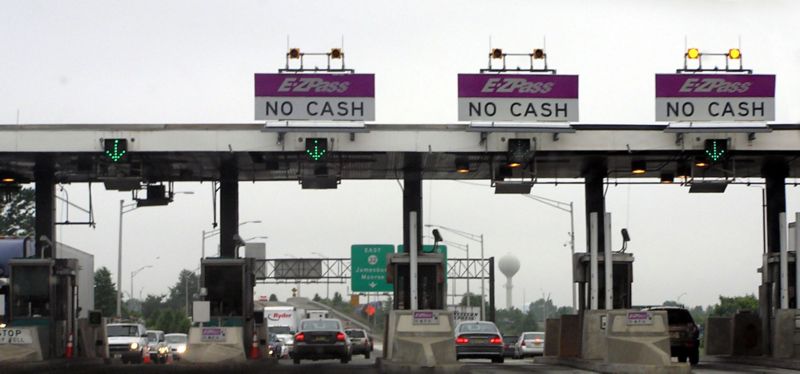The Telecom regulatory Authority of India has issued a Consultation Paper on Differential Pricing for Data Services on November 9, 2015 and invited public comments to be sent by December 30, 2015. The paper discusses issues related to differential tariff plans of the Telecom Service providers (TSPs) who offer zero or discounted tariffs to content of certain websites/ applications/platforms.
The questions raised in the consultation paper are:
Question 1: Should the TSPs be allowed to have differential pricing for data usage for accessing different websites, applications or platforms? Question 2: If differential pricing for data usage is permitted, what measures should be adopted to ensure that the principles of non-discrimination, transparency, affordable Internet access, competition and market entry and innovation are addressed? Question 3: Are there alternative methods/technologies/business models, other than differentiated tariff plans, available to achieve the objective of providing free Internet access to the consumers? If yes, please suggest/describe these methods/technologies/business models. Also, describe the potential benefits and disadvantages associated with such methods/technologies/business models? Question 4: Is there any other issue that should be considered in the present consultation on differential pricing for data services?
But, weren't these issues already covered by the earlier consultation paper on regulation of OTT services? The Consultation Paper on Regulatory Framework for Over-the-top (OTT) services was published by TRAI on March 27, 2015 and it received over a million responses from Indian citizens, TSPs and civil society organizations. Question 14 of that paper was "Is there a justification for allowing differential pricing for data access and OTT communication services? If so, what changes need to be brought about in the present tariff and regulatory framework for telecommunication services in the country? Please comment with justifications". We still do not know the current status of the consultation process after TRAI had received comments as well as counter-comments from the public.
The earlier consultation paper led to widespread debates and saw Facebook's Internet.org (now renamed as Free Basics) and the COAI unleashing massive PR exercises to counter the public support received by the Save the Internet campaign.
SFLC.in submitted detailed comments and counter-comments to TRAI covering the issue of differential pricing and more specifically zero-rated services. We have explained in detail that zero-rating distorts competition, harms start-ups and innovations and harms consumers. We also listed alternate mechanisms that could be used to improve Internet access without violating the net neutrality principles.
The TRAI consultation paper was followed by the setting up of a Committee by the Department of Telecommunications to look into issues around Net Neutrality. The 110-page outcome report of the Committee’s inquiry was made public on July 16, 2015. The Parliamentary Committee on Information Technology also held detailed hearings on the issue, but the report is awaited.
The Department of Telecommunications Committee in its report on Net Neutrality has stated that it is "of the firm opinion that content and application providers cannot be permitted to act as gatekeepers and use network operations to extract value, even if it is for an ostensible public purpose. Collaborations between TSPs and content providers that enable such gate-keeping role to be played by any entity should be actively discouraged. If need be, Government and the regulator may step in to restore balance to ensure that the Internet continues to remain an open and neutral platform for expression and innovation with no TSP/ISP, or for that matter any content or application provider, having the potential or exercising the ability to determine user choice, distort consumer markets or significantly controlling preferences based on either market dominance or gate-keeping roles."
It would be useful to understand the motivation behind the initiation of this new consultation mid-way through the earlier consultation process. Is this a separate consultation or will this process be adding on to the earlier consultation? Was this necessitated because TRAI needed more inputs specifically on the issue of differential pricing? SFLC.in will be sending in our comments to TRAI, but we are unsure as to the need for two separate consultation processes.
Image Credit: Mlaurenti on en.wikipedia available under CC-BY-SA 3.0.


